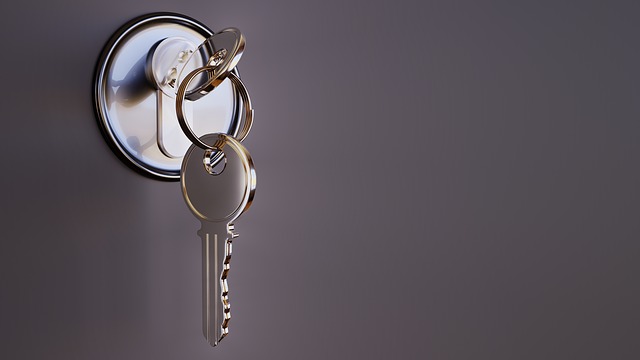Security Considerations
Watching Artificial intelligence TED Talk reveals an interesting world. If you think about the amount of information that is stored digitally and the ways someone could misuse this information, it’s easy to get worried about. Since the time humanity embarked into the digital era a great deal of security considerations has been discussed and implemented in some way of regulation.
General Data Protection Regulation (GDPR)
Anyone involved in storing, editing or analyzing data must be aware of the laws that are around.
Anonymisation and Pseudonymisation
But there are always people that will try regardless of laws or regulations. If you store some picture in your home, then this would be the only place you had to guard if you wished the picture would stay private. If you store the picture or any other document digitally and then connect to the Internet, it seems that the task of keeping it secure is evolving so quickly that it's hard to have the latest “news” on that subject. Also, there are always tradeoffs. Having only one hard copy off a picture is easier to guard but if something happens to the hard copy then the picture is gone forever. Even if nothing unusual happens to it, time will leave its mark.

Cryptography specializes in the field of making something secure. In the case of securing a picture someone could argue that doing it the digital way is more secure. Personally, I think to answer this is not as easy as it seems as there are always tradeoffs. Anyone trying to answer this question would have to analyze many aspects.
Security risks when doing it the digital way:
Hardware - because of the complexity it's very hard for a sole person to produce all the pieces of the hardware without cooperation with others. Movement in the field of the so-called open-source hardware helps raise awareness and shifts the focus into transparency.
Software - with open-source code, or better to say mindset and the so-called security tools I think most of the security issues can be overcome to some extent. Evan Microsoft released some of its code..
Network - the nature of the physical properties of the mediums through which the communication flows let us also vulnerable. In today's standards you want to go quantum to achieve the highest level of security.
It's a personal decision but to some extent it's also a legal and a financial issue. Either way it seems like without a group of the best cyber security specialist you won’t be secure. Nevertheless, to be totally indifferent isn’t a good choice either. In the broad scope you can never be 100% sure, but you can limit the risk with some smart decisions extensively. In my mind for very sensitive data, you must limit the hardware as well as the software and eliminate the network or at least limit the machines onto a secure local area network.
Luckily not many people really need this level of security. By limiting the software and keeping it up to date, using secure connections and employing informed decisions in firewall and security settings most people should be fine. Encrypting the file system isn't a must in my mind but it's a good bet to encrypt some files and connections with good key management. Be aware that if you don't encrypt your hard drive, anyone getting access to it will have the ability to retrieve your files with ease. If you discard a hard drive, USB stick, memory card or any other medium , be sure to properly erase it because just deleting it want do the job. It is very easy even for an unskilled person to retrieve the data with open source programs that are available.
To stay private in a world that is full of devices that can function only on the premise that you give up some part of your privacy is a very intrigued topic. Be et a Smartphone, Smartwatch, Smart-car or any other Smart Device they can only operate if they collect information about the environment and because they are personal devices, they also collect information about their owner. Sometimes they're also Co-owned and as such being subject to a broader debate on the right to collect this kind of information. As I mentioned earlier there is much being done in these fields but there is nowhere near the end of the debate as it depends on individual worldview as well as legal frames.